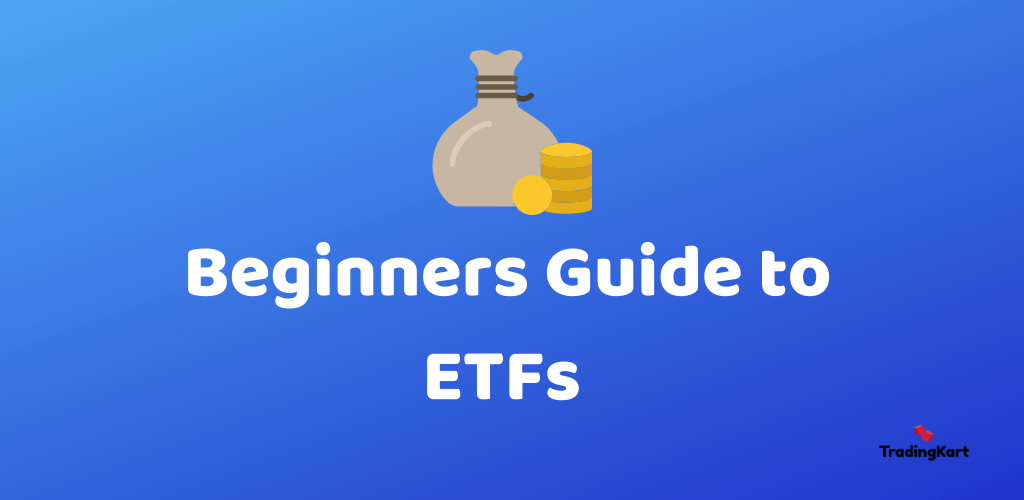Startup
ETF 101: An ETF Beginners Guide

Today, lots of people are becoming aware of the benefits of investment. Investing comes in different ways; some choose to invest in buying a property like land, house and lot, cars, and the like. Some also want to invest in stocks, mutual funds, ETF, and many more. Many people begin to invest at an early age as soon as they have the resources and funds.
An ETF has become a popular option for beginners because it has low expense ratios, but it has higher liquidity. ETF also offers a lot of investment options; as a beginner, having a lot of investment options is an advantage because you can easily play around with a high-risk and low -risk investment depending on how much risk you are willing to take.
What is an ETF?
An Exchange Traded Fund (ETF) is a type of service which involves a collection of security. The most common example of an ETF is stock. Stocks are tracked through an underlying index, and they can be invested in different ways. ETFs can also contain other types of investment like bonds or commodities; in some cases, ETFs can also be a mixture of several investment types.
How does an ETF work?
A person or an organisation that provides funds to an underlying asset sells shares in that fund to investors. People who buy shares on the asset are called shareholders. The shareholders own a part of the ETF, but they do have ownership of the underlying fund. Even without ownership, investors and shareholders get a lump of dividend payments from the stocks. Also, ETFs can be traded throughout the day, depending on the exchange, similar to stocks.
Types of ETF
Industry ETF: An Industry ETF covers a particular industry. Some of the most common ones are banking, oil, gas, and technology.
Bonds ETF: Bonds ETF commonly includes municipal bonds, government bonds, and corporate bonds.
Inverse ETF: Inverse EFTs earn through stock declines. Stock declines are otherwise known as “shorting a stock.” Shorting is a process of selling stocks that are expected to decline in value. Inverse ETF may also include borrowing and selling securities at a lower price.
Commodity ETF: As the name implies, commodity ETF invests in commodities such as oil, gas, or gold. Commodity ETF also includes investments in agricultural products and other natural resources.
Currency ETF: These ETFs are an investment of foreign currencies. These ETFs are passively managed with an underlying currency holding. These currency holdings may be a single country or a basket of countries.
Buying and Selling ETF
It is easier to buy and trade ETFs through an online broker. These brokers are highly capable if determining ETFs that will most likely have high returns. As a beginner, you should look for a highly credible and knowledgeable broker who can answer all your questions. A list of the best brokers for ETFs is available online.
The most important thing to know about ETFs is that they can vary widely, EFT costs are generally low, but the cost would still depend on the type of EFT and its movement throughout the day. ETFs have a distinction from other securities that are important to understand. Given the basics and a reliable broker, you will be able to decide what ETF works best for you. After all, ETFs are easy to trade.
-
Health3 weeks ago
Back to Roots: Ayurveda Offers Natural Cure for Common Hair Woes
-

 Tech4 weeks ago
Tech4 weeks agoFrom Soil to Silicon: The Rise of Agriculture AI and Drone Innovations in 2025
-

 Science1 week ago
Science1 week agoJuly Full Moon 2025: Everything You Should Need to Know, When and Where to See Buck Moon
-

 Sports3 weeks ago
Sports3 weeks agoFIBA 3×3 World Cup 2025: Full Schedule, Preview, and How to Watch
-

 Gadget4 weeks ago
Gadget4 weeks agoThings to Know about Samsung Galaxy S26: What’s New and What’s Next
-

 Tech4 weeks ago
Tech4 weeks agoAdobe Firefly App Now Available on iOS and Android Phones to Create AI Images and Videos Anywhere
-

 Sports2 weeks ago
Sports2 weeks agoPrefontaine Classic 2025: Full Schedule, Preview, Field, Events and How to Watch Diamond League Eugene Live
-

 Festivals & Events4 weeks ago
Festivals & Events4 weeks agoEverything You Should Need to Know about Summer Solstice 2025













